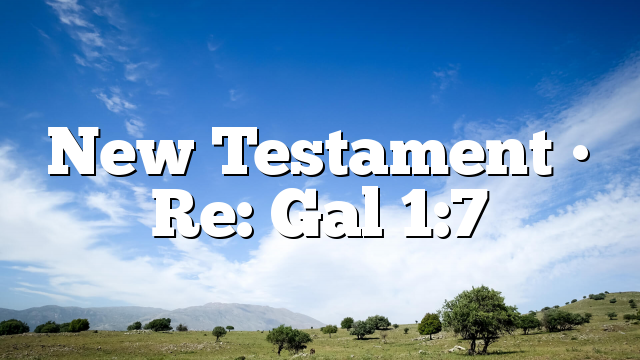To resolve the issue raised in this thread, I googled and hit the following book:
The Greek Article: A functional grammar of o-items in the Greek New Testament by Ronald D Peters et al.
There are some interesting quotes:
p. 3: The article functions as a reduced form of the relative pronoun.
p. 4: Both parts of speech are used by the speaker to indicate that information is
being provided that the recipient is to use FOR THE PURPOSE OF IDENTIFICATION.
.. This stands in contrast to the English definte article and demonstratives, which indicate
that the recipient posseses the information necessary for identification or direct the recipient
to the information respectively.
p. 77: The article functions as a form similar to that of the relative pronoun because it is demonstrable
that the article is used to produce structures that fill the same slot as relative clauses. This represents
a system of choice, whereby a Greek speaker may choose one form or the other. With regard to the production
of text, both structures will the same slot, and thus perform the same function. However, with regard to
the ideational and interpersonal metafunctions, the choice of one structure over the other reflects a difference
in meaning.
——–
Very interesting viewpoint! It seems quite convincing. It answers to my long-held question:
the article + long participial clause looks almost the same as the relative pronoun + finite clause.
The participial clause which can have all compoments of the finite clause, does not seem to so
different from the finite clause structurally speaking.
My question in Gal 1:7 disappears if it is treated as a reduced form of a relative clause,
The same applies to Jude 4.
Moon Jung
Statistics: Posted by moon — June 16th, 2014, 1:07 am











